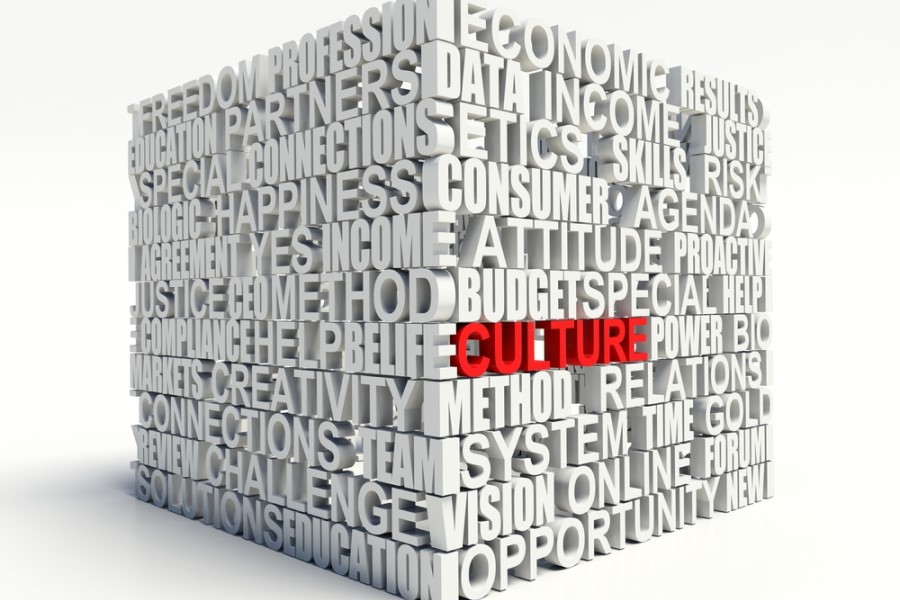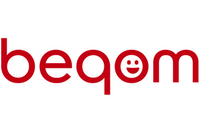How to align your total rewards strategy with company culture following a period of transformation

But what does culture have to with rewards? It turns out, rather a lot.
The groundwork lies in aligning employees with your company culture and motivating them to perform highly. However, this can be quite an intricate mission without the right rewards strategy. As many organisations embark on a digital transformation, here are some key ingredients for a total rewards strategy that will drive a positive culture.
Transparency in your communication
In a survey beqom conducted of 1,200 actively employed adults in the US, 55% of Millennials said pay transparency creates a better company culture and motivates them to work harder. Your employees need to know how much you value their contributions, and that starts by establishing a solid foundation of trust, and setting a common goal that is communicated efficiently across the business.
A top-down communication across the organisation leads to an improved relationship between local offices, departments, teams and employees. For your entire team to meet or even exceed expectations, the goals need to be realistic, motivating and in line with your organisation’s strategy. Inspiring leaders who deliver a successful rewards programme will keep employees motivated and happy for a long time.
A little empathy goes a long way
Getting your employees on board with your rewards strategy isn’t always easy. Companies are often so engrossed with their top-down communications that they neglect empathising with their employees. That’s why it’s sometimes useful to start by understanding your employees’ goals, needs and interests.
When asked to identify the most important workplace benefit, 58% of Gen Z workers ranked non-monetary elements as the most important. Only once you start to understand the changing needs of the modern workforce can you offer them a fitting rewards programme and motivate them to perform better in line with your company goals.
Use data to drive your rewards strategy
Once your rewards programme is up and running, you need to understand if the strategy and plan you’ve put in place are delivering results. Advanced analytics and reporting have become a strong focus for executives who need to keep costs in line with revenue to maintain a healthy, profitable company. Leveraging your internal people data helps you transform data into insights and drives better decision-making. Integrating and examining data will help you boost the performance and happiness of your employees with an analytical view over your compensation processes.
Choose the right technology to support your strategy
The failure to link compensation to culture is one of the reasons why organisations can struggle with a crisis of employee disengagement. For companies that want to commit to more transparent practices around pay, management must create visibility to employees into how their pay is calculated. Investing in digital tools can help show employees how their performance contributes to their pay and what their financial growth trajectory looks like long term.
If you align your company values with the right performance and compensation management solution, you can drive a lot more than just performance. You can drive the happiness of your people. Most HR teams are still striving to find that right technology piece of the puzzle that fits together rewards strategy, individual objectives and company goals. Following a best practice approach when selecting your compensation software isn’t always the best route to a successful rewards strategy. Standard compensation systems rarely meet the needs of your organisation’s complex processes.
Transparency, empathy, analytics and technology form the ingredients for an effective total rewards strategy. Organisations that embrace the relationship between culture and rewards will be rewarded by a workforce that is more motivated, high performing and loyal.
This article is provided by beqom.
beqom is sponsoring REBA’s Innovation Day 2019. Join us on 28 November in central London to future-proof your reward and benefits strategy.
Supplied by REBA Associate Member, beqom
We provide a Total Compensation cloud solution addressing all aspects of compensation&performance.







